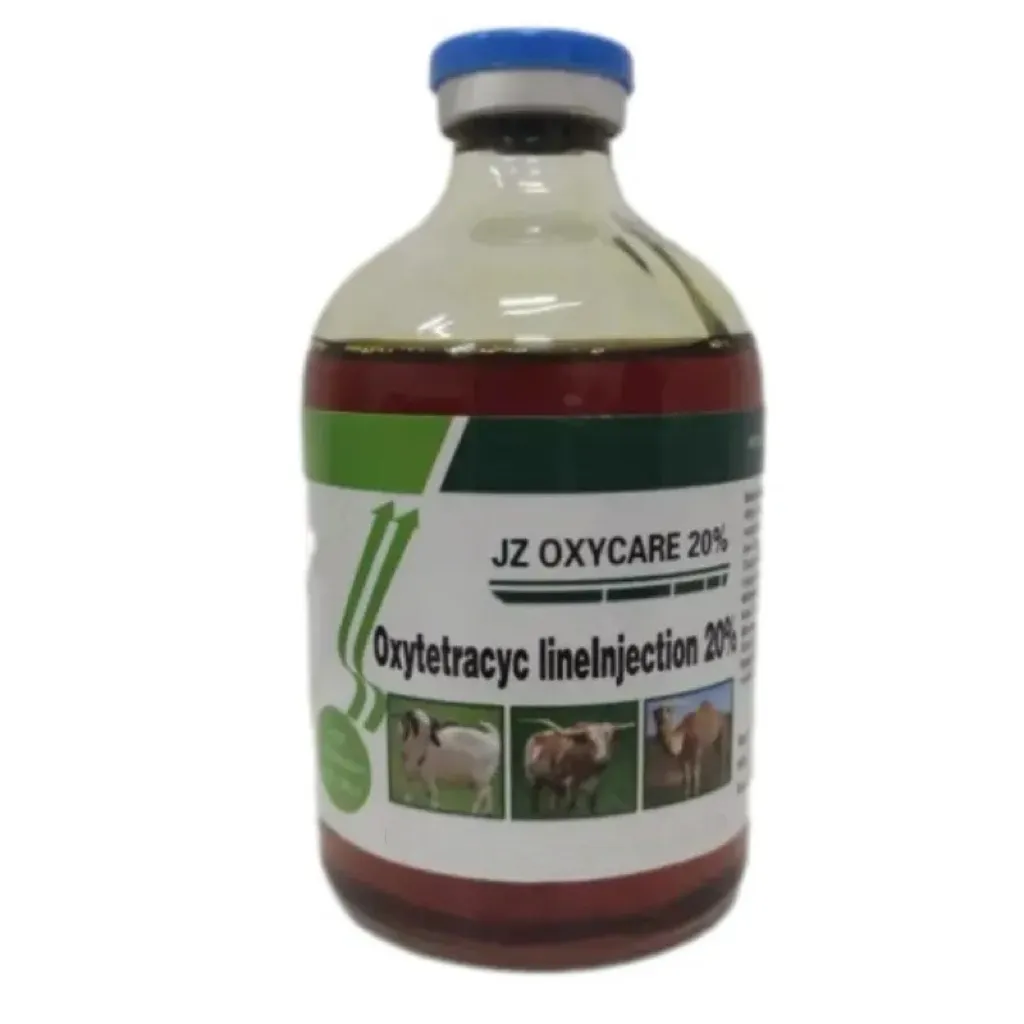- Afrikaans
- Albanian
- Amharic
- Arabic
- Armenian
- Azerbaijani
- Basque
- Belarusian
- Bengali
- Bosnian
- Bulgarian
- Catalan
- Cebuano
- Corsican
- Croatian
- Czech
- Danish
- Dutch
- English
- Esperanto
- Estonian
- Finnish
- French
- Frisian
- Galician
- Georgian
- German
- Greek
- Gujarati
- Haitian Creole
- hausa
- hawaiian
- Hebrew
- Hindi
- Miao
- Hungarian
- Icelandic
- igbo
- Indonesian
- irish
- Italian
- Japanese
- Javanese
- Kannada
- kazakh
- Khmer
- Rwandese
- Korean
- Kurdish
- Kyrgyz
- Lao
- Latin
- Latvian
- Lithuanian
- Luxembourgish
- Macedonian
- Malgashi
- Malay
- Malayalam
- Maltese
- Maori
- Marathi
- Mongolian
- Myanmar
- Nepali
- Norwegian
- Norwegian
- Occitan
- Pashto
- Persian
- Polish
- Portuguese
- Punjabi
- Romanian
- Russian
- Samoan
- Scottish Gaelic
- Serbian
- Sesotho
- Shona
- Sindhi
- Sinhala
- Slovak
- Slovenian
- Somali
- Spanish
- Sundanese
- Swahili
- Swedish
- Tagalog
- Tajik
- Tamil
- Tatar
- Telugu
- Thai
- Turkish
- Turkmen
- Ukrainian
- Urdu
- Uighur
- Uzbek
- Vietnamese
- Welsh
- Bantu
- Yiddish
- Yoruba
- Zulu
Novemba . 19, 2024 13:50 Back to list
Tylosin 200 Dosage and Application in Animal Health Management
Tylosin 200 An Overview of Its Uses and Benefits
Tylosin is a macrolide antibiotic primarily used in veterinary medicine for the treatment of various bacterial infections in livestock and poultry. With the increasing need for effective disease management in animal husbandry, formulations like Tylosin 200 have garnered significant attention from veterinarians and farmers alike. This article will explore the uses, benefits, and considerations surrounding Tylosin 200, highlighting its importance in modern agriculture.
What is Tylosin 200?
Tylosin 200 is a concentrated form of the antibiotic Tylosin, often presented in the form of Tylosin tartrate. This specific formulation typically contains 200 mg of Tylosin per milliliter, making it a potent option for treating diseases caused by susceptible bacteria. Tylosin acts by inhibiting bacterial protein synthesis, effectively stopping the growth of harmful microorganisms. This antibiotic is particularly effective against Gram-positive bacteria and some species of Mycoplasma, making it useful in a range of infections affecting livestock.
Uses of Tylosin 200
Tylosin 200 is widely used in various animal species, including swine, cattle, and poultry. Its primary applications include
1. Respiratory Infections Tylosin is commonly used to treat respiratory diseases in pigs and cattle, such as pneumonia caused by Mycoplasma species. These infections can lead to significant economic losses in livestock industries, making effective treatment options critical.
2. Digestive Disorders In poultry and swine, Tylosin can be used to manage enteritis and other digestive issues stemming from bacterial infections. By controlling these conditions, Tylosin helps improve overall animal health and productivity.
3. Mastitis in Dairy Cows Tylosin is also employed in the treatment of mastitis, an infection of the udder in dairy cows. This condition can affect milk production and quality, thus prompt treatment with antibiotics like Tylosin is vital for maintaining dairy health.
4. Reduction of Mycoplasma Infections The antibiotic is invaluable in controlling Mycoplasma infections, particularly in young poultry. Preventing these infections ensures better growth rates and lower mortality in flocks.
Benefits of Using Tylosin 200
The adoption of Tylosin 200 in veterinary practices offers several benefits
tylosin 200

- Efficacy Tylosin has proven to be highly effective against a range of bacterial pathogens, providing veterinarians with a reliable tool in managing infections.
- Versatility Its ability to treat various infections makes Tylosin 200 suitable for multiple species, enhancing its utility within livestock operations.
- Improved Livestock Health By effectively managing bacterial infections, Tylosin contributes to healthier animals, which in turn leads to increased productivity and economic returns for farmers.
- Sub-therapeutic Use Tylosin is often used at sub-therapeutic doses in feed to promote growth and improve feed efficiency, further supporting animal health and growth rates.
Considerations and Resistance
While Tylosin 200 demonstrates significant benefits, it is essential to acknowledge some considerations regarding its use
- Antibiotic Resistance The overuse or misuse of antibiotics like Tylosin can contribute to the development of antibiotic-resistant bacteria. This poses a risk not only to animal health but also to public health, as resistant strains can potentially transfer to humans.
- Regulatory Oversight Many countries have stringent regulations governing the use of antibiotics in livestock. Veterinarians and farmers must ensure they comply with local laws and guidelines to prevent misuse.
- Side Effects While Tylosin is generally well-tolerated, some animals may experience side effects. Therefore, it is crucial to have a veterinarian supervise its use to mitigate risks.
Conclusion
Tylosin 200 represents a vital component of veterinary medicine, contributing to the health and productivity of livestock. Its effectiveness in treating various bacterial infections makes it a valuable tool for farmers and veterinarians alike. However, the importance of responsible use cannot be understated, as it is crucial to balance the benefits of antibiotic treatments with the need to combat antibiotic resistance. By following best practices and relying on professional guidance, the agricultural sector can continue to harness the advantages of Tylosin 200 while ensuring a sustainable future for livestock health.
-
Guide to Oxytetracycline Injection
NewsMar.27,2025
-
Guide to Colistin Sulphate
NewsMar.27,2025
-
Gentamicin Sulfate: Uses, Price, And Key Information
NewsMar.27,2025
-
Enrofloxacin Injection: Uses, Price, And Supplier Information
NewsMar.27,2025
-
Dexamethasone Sodium Phosphate Injection: Uses, Price, And Key Information
NewsMar.27,2025
-
Albendazole Tablet: Uses, Dosage, Cost, And Key Information
NewsMar.27,2025













